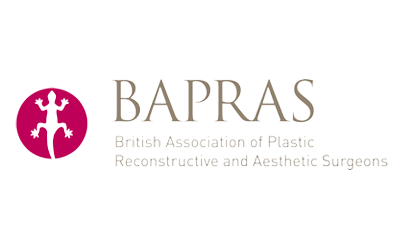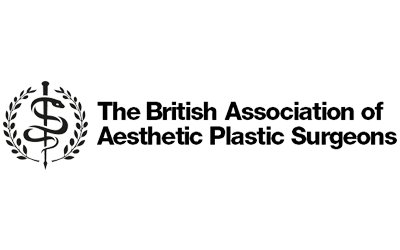There are lots of myths and rumours about chemical peels and as a result patients can be apprehensive about the treatment due to common misconception. Like any cosmetic treatment, there are risks and benefits. However, patients who have had the treatment tend to find the results to be extremely pleasing. Let’s focus on separating fact from fiction, so you can have a better understanding on whether a chemical peel is the right treatment for you and your skin.
1: After a Chemical Peel your skin will be bright red.
Depends on the level of peel
There are many different types of peel available, some are mild with no downtime and others are much deeper. The milder peels include alpha and beta hydroxyl peels, which show no visible exfoliation or redness, while the deeper peels are much stronger and may show visible peeling and redness.
2: Chemical peels can be carried out at home.
False
There are many peels available to buy online. However, that doesn’t necessarily mean that they are safe to use. At home chemical peels have been known to cause irreparable damage to the skin, including hypo-pigmentation and scarring. Chemical peels should only be performed by specially trained aestheticians.
3: A chemical peel is a one-time treatment
Depends on the skin being treated
Chemical peels can help to repair damage that is visible on the surface of the skin. However, they cannot repair the irreversible damage caused by the sun and other elements associated with ageing. In your initial consultation it is important for your surgeon to determine the level of skin damage to ensure the correct number of treatments are recommended.
4: Chemicals are bad for you
False
The word ‘chemical’ can often deter patients from having the treatment, but not all chemicals are bad. In actual fact, the active ingredients in most chemical peels are natural. Glycolic acid is derived from sugar cane, lactic acid from sour milk and salicylic acid from wintergreen. The word ‘acid’ in chemical peel terms, actually describes the most beneficial non-irritating ingredients, like hyaluronic acid, which helps to heal the skin.
5: Chemical Peels are only beneficial for those with problem skin
False
Chemical peels are beneficial for most skin types including sensitive skin. Peels not only treat problem skin, but can also act as a preventative method for ageing. By receiving chemical peels in your late 20’s, it will help to stimulate cell renewal while exfoliating dead skin cells.
If you have any further questions about the safety and efficiency of chemical peels, then please visit the chemical peels page.















